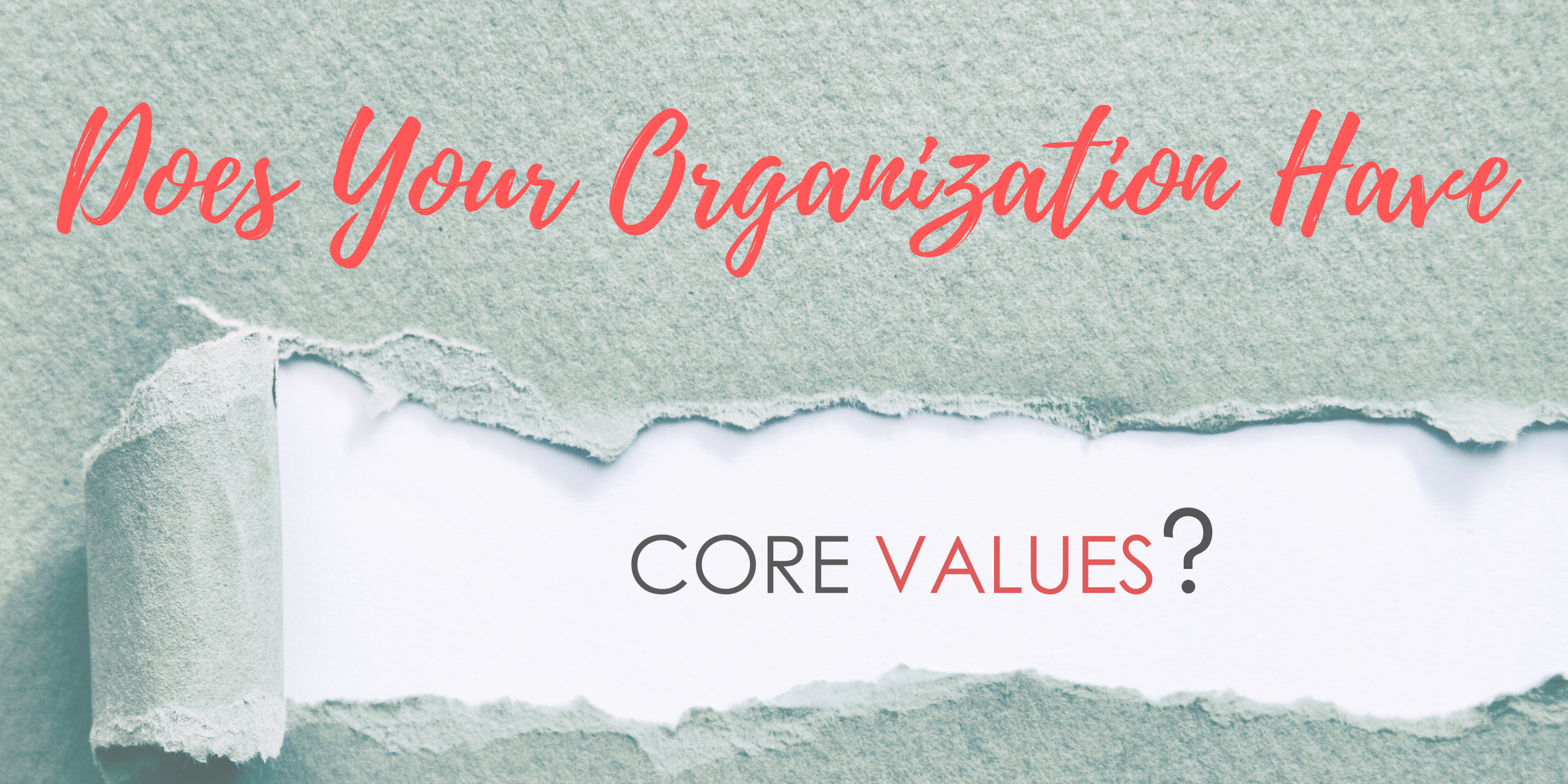Akia’s palms were sweaty, and her nerves were out of control! She felt like whatever decision she made at this moment would have a major impact on the company for the next several months. But what should she do? Her manager, Eric, was on vacation, and no one ever trained her on what to do in situations like this. Whatever decision she made, she knew she needed to make it quickly as things were getting out of control.
Akia works for a small business and was left in charge for a week while the owner, Eric, was away. The company had only been open for three years, and this was Eric’s first time fully going away since it launched.
Eric empowered Akia to make all the decisions herself for the week, so he could fully unplug and be with his family on vacation. Akia was excited about the responsibility, but then the situation from above happened, and she almost went into panic mode.
Two employees, Zach and Tracey, were having a disagreement. They started to argue back and forth until one of them insulted the other by bringing their personal life into the argument.
Why was this an issue? The personal argument was happening in the middle of the office, where everyone could hear. Akia knew she had to take action but wasn’t sure exactly what to do, so she immediately sent both employees home without pay and told them not to return until she said so. Unfortunately, this decision left the company without an editor. Akia stepped in when she could to fulfill the position, but her hands were already full due to taking on Eric’s tasks, her own tasks, and now their editor’s. When Eric returned, he noticed that the business was a mess and everyone was behind in their duties. He pulled Akia aside, asked what happened, and was unhappy with her decision.
The Importance of Core Values
This whole situation would not have happened if there were a set of foundational guidelines or core values. But instead, when Akia had to decide without Eric around, she wasn’t sure what to do because the company lacked core values. According to The Balance Careers, core values are “traits or qualities that are not just worthwhile; they represent an individual’s or an organization’s highest priorities, deeply held beliefs, and core, fundamental driving forces. They are the heart of what your organization and its employees stand for in the world.”
Core values are a guide set of principles that everyone in the organization should follow when choosing how to act in any given situation. For example, Facebook wants its employees to move quickly, and it’s ok if things break because they’ll fix them. On the other hand, Apple wants its employees to move slowly and get it perfectly right before launching a new product. These two are entirely different, yet both are based on the company’s core values.
Tips on Creating Core Values
To create good core values, your organization needs 3-7 max core values.
At Swift Kick, we have 5 Core Values:
- Play To Win – Maximize resources to finish what you start and exceed expectations.
- Feed Your Butterflies – Explore your uncomfort zone for growth and creativity.
- See It Through Their Eyes – Through compassionately understanding someone else’s perspective comes clarity.
- Raise The Tide – We’re in this together, so contribute to the greater good of our whole community.
- Open Doors, Open Hearts – Share your work and emotions and know that through openness comes trust, respect, and growth.
Anyone on our team can look back and base decisions on these core values. They are the company guidelines that help improve us as a team member and a team as a whole.
Use phrases instead of one word.
When coming up with, or re-evaluating your core values, try to use phrases that have special meaning to your organization. The core values you choose do not need to be known by the world; they just need to be known by your organization and respected by your members. Phrases bring more value than a one-word core value. When deciding on what phrase to use, make it fun and memorable. For example, if we take Feed Your Butterflies, we could have made this a phrase that the world knows, such as: Grow and Be Creative… however, this phase isn’t nearly as catchy and fun as the original. Through Swift Kick’s phrases, anyone on the team could repeat each one to you without looking and what it means because of the unique touch each one has.
Have the ability to say “no matter what.”
At the end of every core value, you should be able to back it up with the phrase “no matter what.” Let’s use “Raise The Tide” as an example. An employee is struggling with their tasks. They say they are unsure if they will meet the deadline because they do not understand the project. Looking back at our core values, this fits in perfectly with “Raise The Tide.” This core value is acknowledging that we’re in this together, so contribute to the greater good of our whole community no matter what. Whether it is you, or another team member, someone should be able to have this person’s back no matter what in completing their tasks. The statement “no matter what” should ring true 85% of the time to be considered a good core value.
Ranking your core values.
When looking at core values, sometimes they can conflict with one another. Core values need to be ranked in order of importance if a conflict between two of them arises. For example, one core value could be “pinch the pocketbook,” which means to watch every dollar spent. Another core value could conflict with that phrase by “going over the top” for your members, which means you might have to spend a lot of money to make something happen for a client. In a situation like this, we want our employees to know which direction to choose based on the ranking of our core values.
How often should core values be used?
“Core values are about collective behaviors, as well as individual behaviors. Shared core values are a powerful reminder that no one person can achieve everything on their own. In this way, core values foster connection and trust between employees.” – Cooleaf.com
Because of the importance of core values, they should be used daily, weekly, monthly, and quarterly in your organization. You should be able to higher, fire, and promote based on core values.
At Swift Kick, we use core values every week to give each other acknowledgments for amazing things they did and during our weekly 1:1 direct report meetings. They are also used during our quarterly performance reviews.
Looking back at our situation with Eric and Akia, if Eric had come up with core values in the beginning, this situation would have never happened. Akia would have had a set of foundational guidelines (core values) to go off of to make the right decision. Then, she would have had the ability to make the right decision and report back to Eric when he returned from his trip. Eric should have congratulated her on making the right choice because of the core value ranking and definitions.




